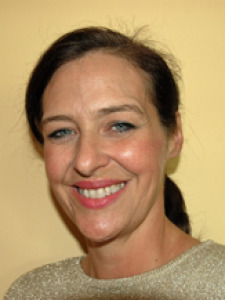J.R. Simplot Company has executed a joint intellectual property licensing agreement with Corteva Agriscience and the Broad Institute of MIT and Harvard for foundational CRISPR-Cas9 and related gene editing tools. Simplot is the first agricultural company to receive a license from Corteva and Broad Institute to use the technology. Susan Collinge, vice president of Simplot Plant Sciences, said the gene-editing tool should “enable growers to achieve higher yields” while using fewer resources like land, pesticides, water and labor. Issi Rozen, chief business officer at the Broad Institute, said the Broad Institute seeks to "maximize the scientific impact of CRISPR-Cas9 for improving agriculture, and our joint licensing agreement offers the opportunity to provide much broader access to help researchers reduce food waste, limit pesticides, and improve drought resistance, while promoting safe and ethical uses of groundbreaking technologies." Simplot looks for CRISPR-Cas9 to expand shelf life of its line of fresh, frozen and chilled fruits and vegetables. Neal Gutterson, Corteva Agriscience's chief technology officer, lauded Simplot’s continued innovation efforts to “enhance sustainability and reduce food waste.” The company previously commercialized two generations of its Innate-branded line of potato varieties, which feature reduced bruising and black spots. Simplot processes a variety of fruits and vegetables in the United States around the world.
For more news, go to www.Agri-Pulse.com

